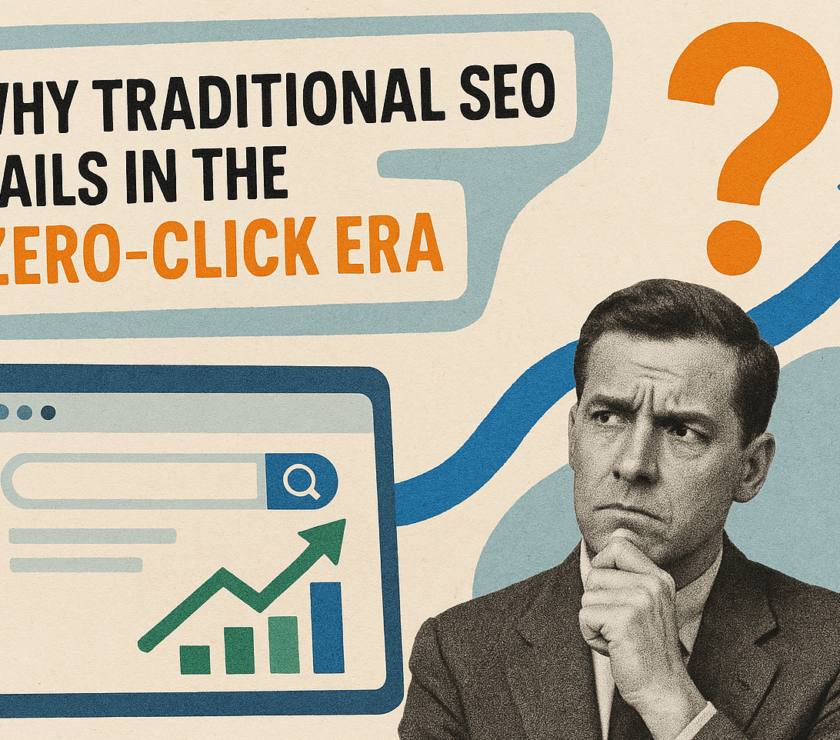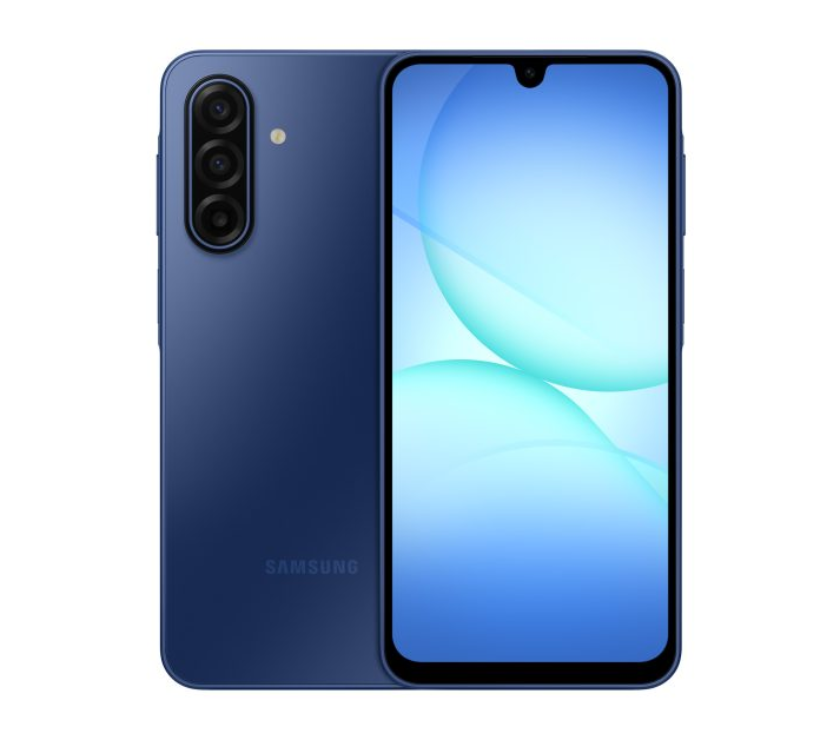In the rapidly evolving landscape of artificial intelligence-driven search, YouTube has emerged as an unchallenged powerhouse, capturing citations in AI-generated responses at a rate that dwarfs its competitors. Recent data from analytics firms reveals that YouTube is cited up to 200 times more frequently than platforms like TikTok, Vimeo, or Twitch in responses from tools such as ChatGPT, Perplexity, and Google’s AI Overviews. This dominance is not merely a statistical anomaly but a signal of profound shifts in how information is sourced and delivered in the digital age.
Marketers and content creators are now scrambling to adapt, recognizing that video content, particularly on YouTube, is becoming the primary source material for AI systems. According to a report by Search Engine Land, AI platforms overwhelmingly favor YouTube for its vast repository of instructional videos, product reviews, and real-time demonstrations. This preference stems from YouTube’s structured data, high-quality transcripts, and visual richness, which align perfectly with AI models’ needs for verifiable, multimedia content.
The implications extend beyond mere visibility. As AI search reduces traditional click-through rates—often providing ‘zero-click’ answers—brands that optimize for YouTube stand to gain a significant edge. Industry insiders note that this trend is accelerating in 2025, with YouTube’s citations in Google AI Overviews surging by 25.21% earlier this year, as detailed in another Search Engine Land analysis.
The Rise of Video as AI’s Preferred Medium
Delving deeper, the data underscores why video trumps text in AI ecosystems. BrightEdge’s research, which analyzed citation patterns across major AI products, shows YouTube accounting for 29.5% of Google AI Overviews, far outpacing other video platforms. ‘YouTube isn’t just winning—it’s the only video platform that registers,’ states a BrightEdge report, highlighting opportunities for brands already invested in video.
This shift is driven by AI’s multimodal capabilities, processing text, images, and audio simultaneously. Posts on X from SEO experts like Matt Diggity emphasize that ‘AI search just picked its favorite source,’ with YouTube’s advantage creating ‘the biggest opportunity gap’ in years. Such sentiments reflect a broader industry pivot toward Generative Engine Optimization (GEO), where content is tailored not just for search engines but for AI citation.
Furthermore, YouTube’s integration with Google’s ecosystem amplifies its reach. As noted in a BrightEdge blog, YouTube content is increasingly cited for instructional queries, visual examples, and current events, transforming how users discover information without ever leaving the AI interface.
Strategies for Optimizing Video SEO in the AI Era
To capitalize on this, digital marketers are urged to refine their video SEO tactics. Key recommendations include embedding detailed transcripts, leveraging schema markup for video objects, and optimizing thumbnails for visual appeal—elements that enhance AI discoverability. A guide from Gumlet outlines 2025 trends, stressing the importance of AI-powered search engines like Google and Bing in ranking videos higher.
Real-world applications are evident in case studies. For instance, brands using YouTube for tutorials see higher citation rates in Perplexity responses, as per data shared on X by Julian Goldie SEO, who describes turning blog posts into Q&A formats to ‘force AI to cite your content.’ This GEO approach, akin to traditional SEO but optimized for LLMs, is gaining traction among insiders.
Moreover, the competitive landscape is stark. MediaPost reports that YouTube is cited 200 times more than any other platform in AI search results, per MediaDailyNews. Rivals like TikTok barely register, prompting marketers to consolidate efforts on YouTube rather than diversifying across fragmented platforms.
Challenges and Opportunities for Marketers
However, this dominance isn’t without hurdles. The rise of zero-click searches means reduced traffic to original sites, forcing a reevaluation of monetization strategies. ‘SEO is slowly losing its dominance. Welcome to GEO,’ warns a post from a16z on X, positioning Generative Engine Optimization as the new playbook for visibility.
Opportunities abound for those who adapt swiftly. Intelligency Group’s analysis suggests that ‘AI search is being dominated with YouTube content,’ advising marketers to focus on high-quality, authoritative videos. Intelligency Group recommends strategies like entity optimization and multimedia integration to ensure citations.
In practice, creators are experimenting with AI tools for content creation. X posts from Julian Goldie detail workflows using Gemini for scripts and Descript for editing, achieving rapid views on new channels by targeting AI-ranked keywords. This fusion of AI in production and optimization is set to define 2025’s digital marketing trends.
Industry Voices on the YouTube Phenomenon
Expert commentary reinforces these findings. ‘We’re not even two months into 2025 and already we’re seeing how Google AI Overviews are transforming content discovery,’ notes BrightEdge in their February report. Similarly, Search Engine Land highlights YouTube’s role in ‘verification/examples and current events,’ making it indispensable for timely queries.
On X, Connor Gillivan argues that the ‘real game is engineering SEO for AI search,’ moving beyond basic content creation. This echoes broader sentiments, with Matt Diggity listing methods like entity optimization to ‘dominate search across AI platforms.’
Beyond YouTube, the trend signals a multimodal future. Craig Griffiths on X notes that ‘search isn’t just text anymore, it’s multimodal,’ urging optimization across formats. Yet, YouTube’s lead, as per iTechManthra’s blog, stems from AI’s preference for video’s engaging, verifiable nature, impacting SEO profoundly.
Future Projections and Strategic Imperatives
Looking ahead, analysts predict further entrenchment of YouTube’s position. A SingleGrain article on YouTube SEO in the AI Era advises going ‘beyond traditional optimization’ with AI-specific quality enhancements to earn citations.
Brands ignoring this risk obsolescence. As Jowi Witt shares on X, ‘search traffic isn’t the game anymore,’ with algorithms favoring recommendations over pure search. This necessitates a holistic approach, integrating video into broader content strategies.
Ultimately, YouTube’s AI dominance is reshaping the digital ecosystem, compelling marketers to prioritize video SEO. With data from sources like ReelMind emphasizing AI video optimization trends, the message is clear: adapt to this video-centric AI world or get left behind.
Subscribe for Updates
Trends and updates for the digital marketing decision maker.
Help us improve our content by reporting any issues you find.
Get the free daily newsletter read by decision makers
Get our media kit
Deliver your marketing message directly to decision makers.
AI Searchwebsite SEOWebsite Traffic


